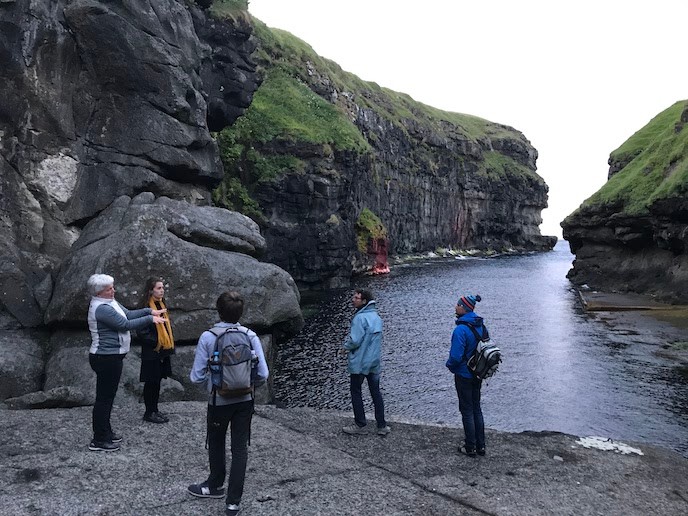Bringing Arctic research into classrooms to inspire and motivate schoolchildren around Europe
The EU’s EDU-ARCTIC(opens in new window) project set out to provide a custom-designed, large-scale programme to strengthen science education in schools. The project used innovative, online tools to bring Arctic research directly into the classroom through more than 500 online lessons, interactive materials and easily accessible meetings with scientists and experts working in the field of polar research. To get the students fully engaged, there was even the chance to win a trip(opens in new window) to a scientific research station in the Arctic. “We reached many more schools and countries than we expected at the beginning of the project. While we were aiming to introduce the programme to schools in 10 EU countries, in fact EDU-ARCTIC was present in 60 countries and on five continents,” says Agata Goździk, EDU-ARCTIC Coordinator, happily. The project has a network of over 1 200 educators from over 800 schools and has received positive feedback from participants. During the project, the team organised several training sessions and workshops for teachers. Three, in particular, stand out: “We brought 70 educators from 26 countries to three educators’ forums in France, Norway and Poland. They had the chance not only to be trained on how to use the EDU-ARCTIC components in practice, but also to participate in lectures on frontier polar research. They were appointed as EDU-ARCTIC Ambassadors and helped to further disseminate the project,” Goździk adds. The teachers have welcomed the new, interactive approach: “The whole programme(opens in new window) could be described as a journey of seeking knowledge and inspiring students to do the same, especially in the Arctic. Fortunately, this journey is never-ending!” said Stelianos Anastasopoulos, a teacher in Greece. Georgeta Cozma, an educator in Romania, feels EDU-ARCTIC is a universal school, an educational laboratory synchronised with the 21st century: “We believe that many inter- and transdisciplinary collaboration paths between students, teachers and communities have been opened up through this project and that is a perfect example of real globalisation.” Teachers can draw on more than 500 online lessons from Arctic stations or institutes dealing with polar research. Some researchers were very enthusiastic about the webinars, others, explains Goździk, needed a bit more time to get used to this form of communication with youngsters. “Whenever possible we offered engaging activities (mainly online quizzes, worksheets), and students were encouraged to ask many questions. They were particularly interested in living and working conditions at polar stations. We received questions on scientific, as well as everyday-life issues, e.g. how to survive the Arctic, what scientists do in their free time, have they eaten polar bear meat and so on,” Goździk says. Many parts of the EDU-ARCTIC programme are available without registration: Polarpedia(opens in new window), which sets out the terms used to describe polar phenomena and scientific terminology, the Games and Quizzes section, maps and measurements. Broadcasts from online lessons(opens in new window) are available on YouTube. In order to participate in an online lesson or to submit a project for the Arctic Competition, teachers need to register, an easy online process, with no paper documentation needed. As Goździk explains: “EDU-ARCTIC brought not only different disciplines and work domains on board, but also cultures and traditions, as we come from various regions (three partners from the Arctic and sub-Arctic, three partners from Central Europe) and represent various institutional approaches, from research institutes and a university to SMEs. “Looking at the network we built and reading the many positive thoughts from teachers and students, we are convinced that the final effect was worth every effort put into the EDU-ARCTIC programme.”



